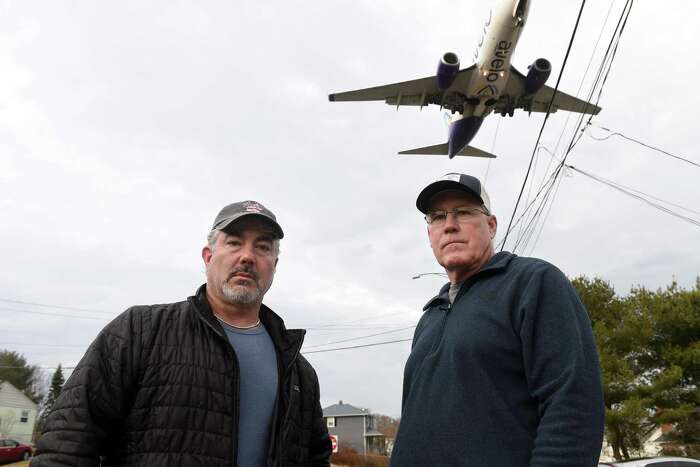Some could submit hundreds of applications each for CT’s cannabis licenses
With strong interest expected in Connecticut’s retail cannabis market, some are planning to submit hundreds - even up to a 1,000 - applications to improve their chances of being selected for a license.
Marina Riker / APWith strong interest expected in Connecticut’s retail cannabis market, some are planning to submit hundreds - even up to a 1,000 - applications to improve their chances of being selected for a license.
Most cannabis licenses will be awarded through a lottery system and there’s no limit to the number of applications that someone can submit. So, one strategy to edge out the competition — for those who can afford it — is to enter a large number of submissions.
“Like any other lottery, the more tickets you buy, the higher probability of success you’ll have. If you’re somebody who has deep pockets and can afford to pay multiple lottery entry fees .... that’s your main option available,” said DeVaughn Ward, senior legislative counsel for the Marijuana Policy Project. “It’s not uncommon.”
Michael Mayes, a cannabis consultant based in Chicago, Ill., said his firm, Quantum 9, has multiple clients, most of whom are from out of state, who intend to submit 400 to 1,000 applications each for licenses to operate in Connecticut’s market. Some clients plan to submit identical applications for the same license type such as retailer or cultivator.
Mayes is concerned there could be “huge upload issues” in the days leading up to the application deadlines given Connecticut’s system requires submissions to be entered one-by-one as opposed to in bulk as is the case in other states.
“I’m all for the process and procedures but this could become a big issue if people are unable to do their uploads because of a system error,” he said.
Mayes asked the state Department of Consumer Protection, which regulates the cannabis industry, to allow applicants to purchase 1 to 10,000 submissions at once. DCP declined to comment publicly on his request, but Mayes said the department responded that it does not plan to make any changes to the lottery system.
While there’s no limit to the number of applications that can be submitted, there is a cap on the number of cannabis licenses that can be issued.
DCP can’t award a license to an applicant selected through the lottery that already has two or more licenses of the same type, or in the same license category. Dispensaries, retailers, and hybrid retailers all fall under one license category, and producers, cultivators and micro-cultivators are in another category.
As of Thursday, the state had received 143 applications for cannabis licenses, according to an unofficial count updated weekly by DCP. Officials expect that number to grow substantially in the coming weeks as deadlines approach. Retail licenses have garnered the most interest so far, followed by micro-cultivator and delivery services.
Lottery systems for cannabis licenses have been financial boons for states and municipalities. The town of Kittery, Maine, for example, received more than 700 applications to its lottery, resulting in more than $535,000 for the town’s general fund. At least 350 of the applications were submitted by two people, according to the Portsmouth Herald. A local cannabis company is threatening to sue the town over the process.
In Connecticut, application fees for the general lottery range from $250 to $1,000 depending on the type of license. Fees are lower, ranging from $125 to $500, for those who enter the social equity lottery. Social equity applicants must meet income and residency requirements.
Some states have faced legal challenges over their lotteries, including Illinois, where two companies that applied for licenses filed a lawsuit against regulators claiming the system “is unconstitutional, biased and does not meet the state’s goal to promote social equity in the industry.”
Many marijuana permits issued across the country have been won through lawsuits, according to MJBizDaily, which reports on the cannabis industry, as it’s not uncommon for those who don’t succeed in getting a license to proceed with legal action.
julia.bergman@hearstmediact.com




Comments